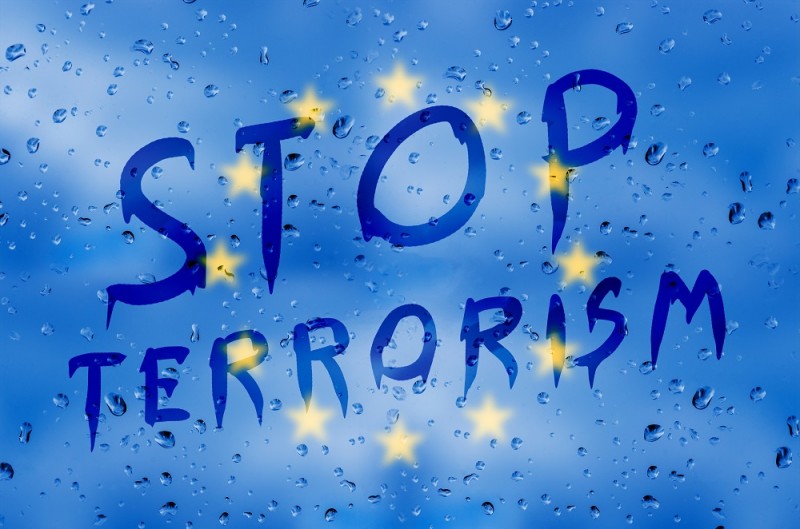- Home/
- News
Counter-Terrorism: Commission and the authorities of Albania and North Macedonia endorse arrangements on counterterrorism cooperation
Wednesday, 9 October, 2019
Today, Commissioner for Migration, Home Affairs and Citizenship Dimitris Avramopoulos endorsed two sets of arrangements for the implementation of the Western Balkans Joint Action Plan on Counterterrorism – with the Albanian Minister of Internal Affairs Sandër Lleshaj and with Oliver Spasovski, Minister of Internal Affairs of the Republic of North Macedonia.
The arrangements between the Commission and the authorities of our two Western Balkans partners identify concrete priority actions which both should take in the course of 2019 and 2020, and cover all five objectives of the Joint Action Plan (PDF) agreed in October 2018.
In the case of Albania, the priority actions being endorsed include:
- - Stepping up efforts to prevent and counter violent extremism, including by training local practitioners and building strategic communication capacities. Plans to better address terrorist content online have already started receiving support from Europol’s European Counter-Terrorism Centre.
- - Amending legislation on anti-money laundering and countering terrorism financing in line with the Moneyval recommendations and provisions in the 4th and 5th Anti-Money Laundering Directives. Financial investigative capacities should also be increased.
- - Addressing illicit firearms trafficking by implementing Albania’s National Small Arms and Light Weapons Strategy and making Albania’s Firearms Focal point fully operational.
In the case of the Republic of North Macedonia, the priority actions include:
- - Strengthening North Macedonia’s counter-terrorism structures and strategies, including with an improved threat assessment.
- - Stepping up efforts to prevent and counter violent extremism, including with a multi-agency approach at the local level, as well as addressing the challenges posed by returning Foreign Terrorist Fighters and their families.
- - Establishing a national threat assessment of money laundering risks and improve the link between financial intelligence and prosecution.
The authorities of both countries intend to report biannually to the Commission on the state of implementation, including in terms of any difficulties they might be facing. The arrangements envision Commission support in this regard.



 Development of specialized PCVE web site is funded by EU FUNDS CN 2017-386/831 - "IPA II 2016 Regional Action on P/CVE in the Western Balkans"
Development of specialized PCVE web site is funded by EU FUNDS CN 2017-386/831 - "IPA II 2016 Regional Action on P/CVE in the Western Balkans"